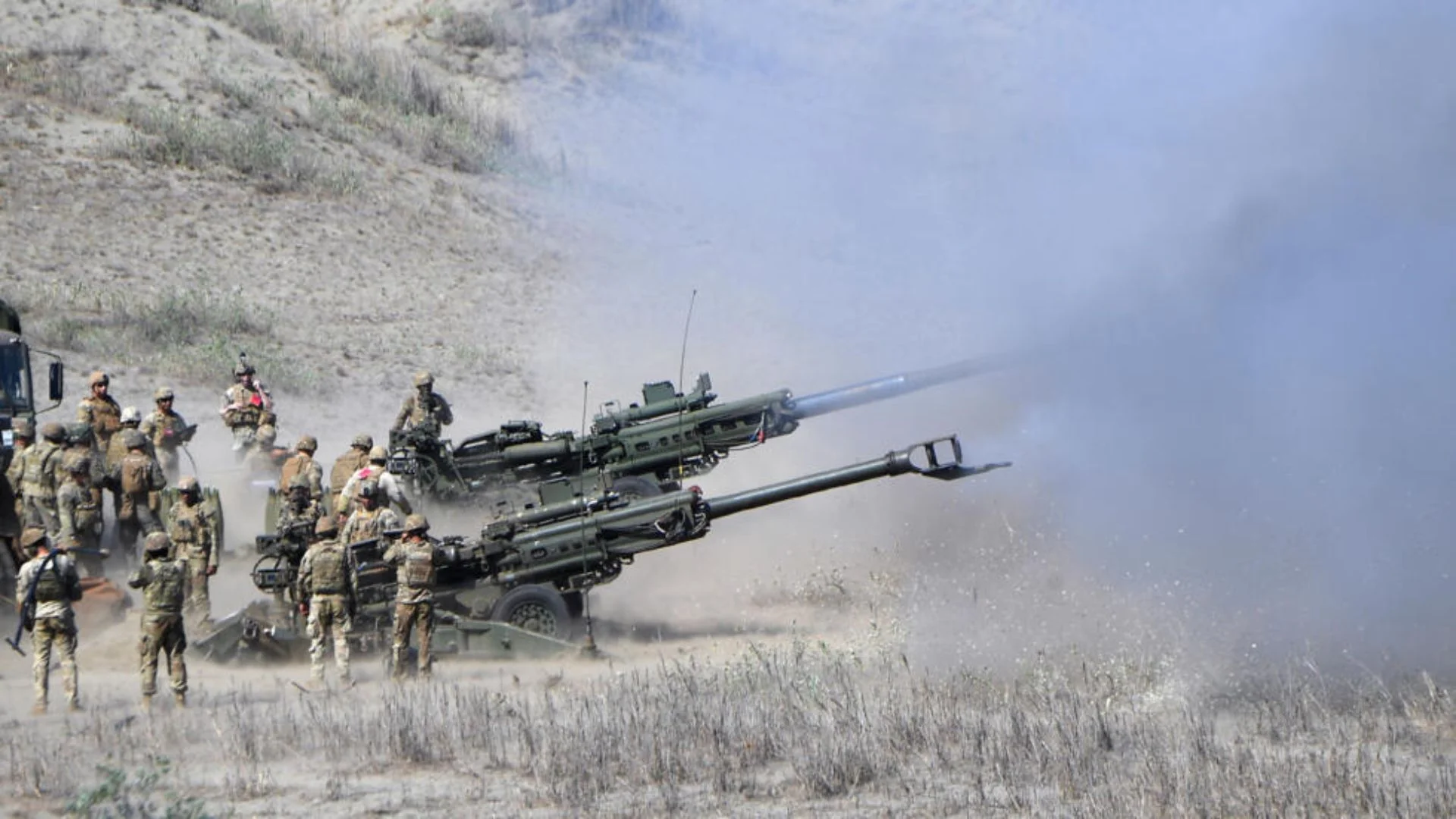Typhon Deployment, Raises Security Concerns
The United States has no immediate plans to withdraw its mid-range missile system, Typhon, from the Philippines, despite demands from China. The system, capable of striking Chinese targets, was originally brought in for joint military exercises earlier this year. It has since remained stationed in the country, as both US and Philippine forces continue to test its viability in a potential regional conflict, particularly concerning tensions in the South China Sea and the Taiwan Strait.
Strategic Importance and Regional Impact
The Philippines, neighboring Taiwan, is a critical element in US military strategy in Asia. Should China attack Taiwan, the Philippines would serve as a key staging area for US forces. Filipino officials confirmed that joint training with the Typhon system continues on Luzon island, which faces both the South China Sea and the Taiwan Strait. A Philippine army spokesman emphasized that it is up to the US Army Pacific (USARPAC) to decide how long the missile system will remain in place. The missile system’s deployment adds to the growing US military presence in the region, where it is amassing anti-ship weapons to counter China’s advancements.
China’s Response and Regional Tensions
China has condemned the deployment of the Typhon system, expressing concerns that it could destabilize the region and fuel geopolitical confrontation. Beijing has militarized islands in the South China Sea, arming them with anti-ship and anti-aircraft missiles. Despite reassurances from the Philippines that the missile system is not intended to threaten China, tensions between the two nations remain high. China’s defense ministry warned that the deployment brings “huge risks of war” to the region, while Russia also criticized the move, citing it as part of a broader arms race.







